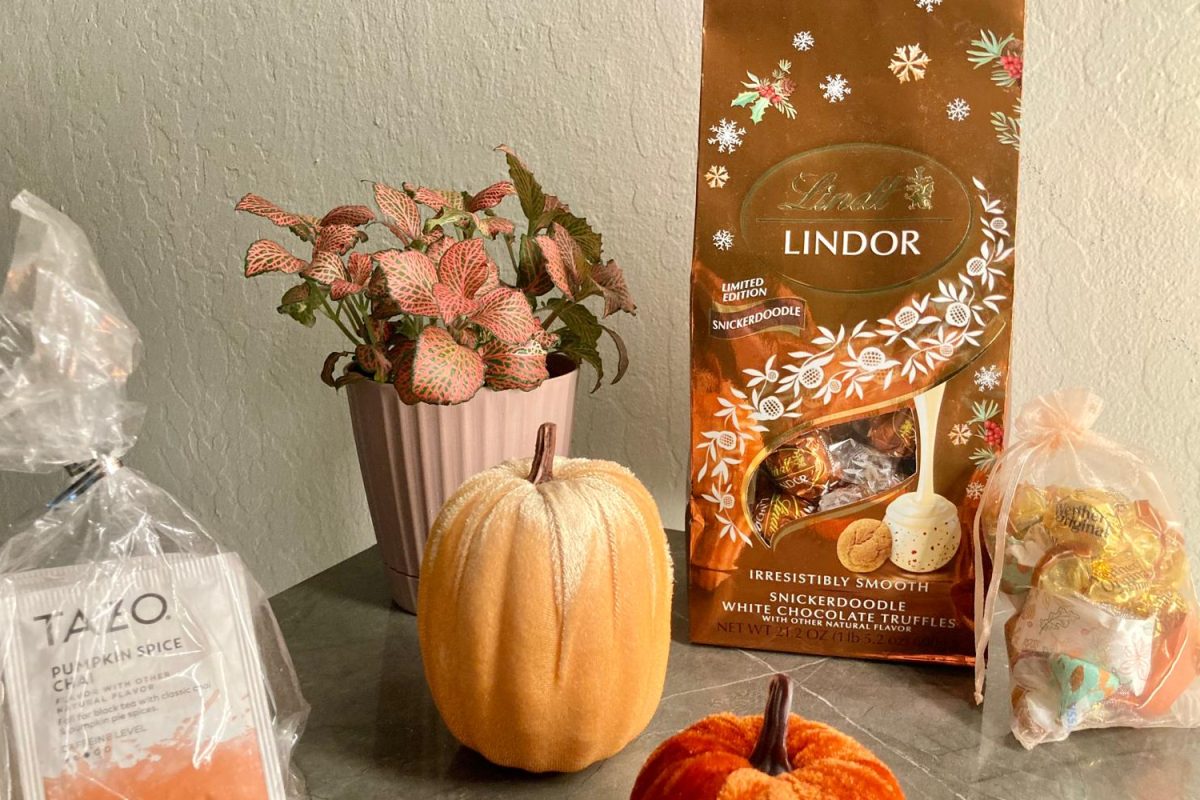Immigrant families celebrate the holiday season by blending cultural traditions and American customs, reflecting the diverse heritage of the Bay Area.
Despite living in America, immigrant families often celebrate holidays more representative of their own cultures and religions, staying true to their roots while simultaneously adopting American traditions.
“We don’t celebrate Thanksgiving because it’s an American holiday, but we enjoy the concept of it because the meaning behind it is good,” said Kgomotso Tarugarira, a Carlmont sophomore who immigrated from South Africa two years ago.
Thanksgiving and Christmas, two holidays associated with America, have risen in popularity over the years. While they remain prominent in America today, both holidays — Christmas mainly — are now celebrated worldwide, but with various altered traditions varying from place to place.
Some other holidays students from immigrant backgrounds celebrate include Eid, Diwali, Hanukkah, Kwanzaa, Ramadan, Raksha Bandhan, and more. However, many students and their families also celebrate American holidays, especially the more major ones, including Thanksgiving and Christmas.
“We are Christian, so we celebrate Easter, Christmas, and kind of Halloween. We celebrate all of the normal ones, except for Thanksgiving, St. Patrick’s Day, and all those other American-based holidays,” Tarugarira said. “We also celebrate cultural holidays like Heritage Day and Mandela Day.”
While some immigrant families, like those of Tarugarira, primarily celebrate cultural and religious holidays, other families celebrate American ones with the same vigor.
“Normally, we celebrate Thanksgiving with some extended family, including grandparents, aunts, uncles, and many other members, through a family gathering. The past few years, we’ve celebrated in Columbus with our cousins, and we’re actually returning to Columbus this year to celebrate,” said Zane Razzak, a Carlmont freshman with Indian and Bangladeshi roots.
Although immigrant families often create new traditions for American holidays that blend their own culture with American traditions, American families do so as well.
“My family celebrates Thanksgiving every year, and it’s one of my favorite times of the year. We end up straying away from traditional Thanksgiving traditions such as turkey and large family gatherings, instead deciding each year to have a different meal with immediate family. We also see Thanksgiving as a kickstart to Christmas and begin Christmas festivities right after Thanksgiving,” said Claire Steunenberg, a Carlmont junior.
On Thanksgiving Day, it is an American tradition for a feast to be laid out at dinner, with turkey and popular sides such as stuffing, biscuits, and cranberry sauce, acting as staples. Friends and family are invited over to eat and talk throughout the night, and businesses close for the evening.
Christmas is often considered a time to celebrate family and friends. It has grown to be one of the most celebrated holidays in America, with over 93% of the population celebrating it, according to Bureau Works. Some of the most popular Christmas traditions among families include watching holiday movies, giving gifts, and putting up a tree.
However, according to Pew Research Center, the celebration of the religious aspect of Christmas has recently declined. On the flip side, this has helped many non-Christian families celebrate the holiday without concern of acting sacrilegious. Still, many immigrant families celebrate other holidays during the same timeframe, the most popular being Hanukkah, Kwanzaa, and Chinese New Year.
The origins of Thanksgiving and Christmas both date back to medieval Europe. Thanksgiving today is a way to honor the Native Americans who provided European colonizers with the knowledge of new crops and Christmas to celebrate the birth of Jesus Christ. Still, even non-Christians celebrate Christmas, focusing instead on familial and gift-giving traditions rather than religious ones.
With more and more immigrant families celebrating American holidays, such holidays will likely become increasingly globalized. Christmas, in particular, is celebrated officially in 195 out of 230 countries and unofficially in 17, according to World Population Review. However, many immigrant families plan to continue celebrating their own holidays and American ones in the future, describing the holidays as a time of celebration regardless of their culture.
“It’s the spirit of the holidays that brings all of us together from so many different cultures and so many different ethnicities. The holidays are about sharing the joy, the gratitude, and the love that these traditions inspire,” Razzak said.












